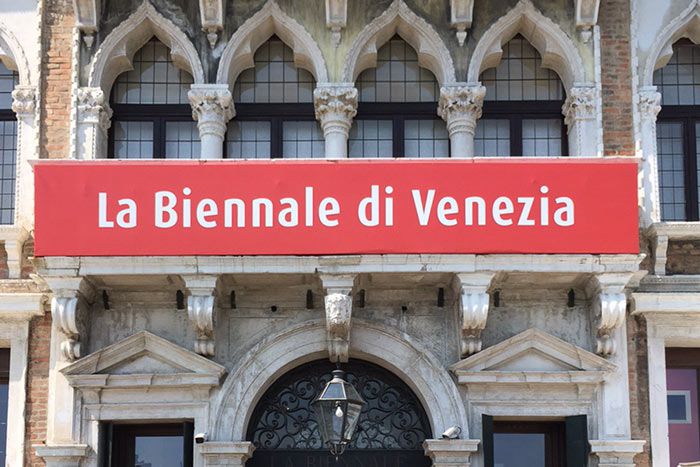
The Venice Biennale, the great festival of the arts, gets under way
The 59th edition of the Venice Biennale, one of the biggest cultural events of the year, kicks off on April 23.
Photo by Naturpuur (cropped). Licensed under the Creative Commons Attribution 4.0 International license.
The Biennale di Venezia, which with its more than a century of history is sometimes called "the Olympics of the Arts", celebrates its 59th edition with a year's delay, as the edition scheduled for 2021 had to be postponed due to the COVID-19 pandemic. The great international exhibition, which can be visited until next November 27, brings together 213 artists from 58 different countries; and exhibits a total of 1,433 works of art.
This edition bears the title "The Milk of Dreams", in reference to the title of a book by Anglo-Mexican artist Leonora Carrington (1917-2011), one of the last representatives of surrealism. The book, in the words of Cecilia Alemani, curator of the Biennale, "describes a magical world where life is constantly re-envisioned through the prism of the imagination. It is a world where everyone can change, be transformed, become something or someone else; a world set free, brimming with possibilities. But it is also the allegory of a century that imposed intolerable pressure on the very definition of the self, forcing Carrington into a life of exile."
This edition of the Biennale is organized around three main thematic areas: one dedicated to the representation of bodies and their metamorphoses; another that studies the relationship between individuals and technologies; and a third dedicated to the connection between bodies and the Earth. In the words of Roberto Cicutto, president of the Biennale, "Cecilia Alemani’s Exhibition imagines new harmonies, hitherto unthinkable cohabitations and surprising solutions, precisely because they distance themselves from anthropocentrism."
As could not be otherwise due to the events of the last two months, the Biennale is not without controversy. A week after the start of the Russian invasion of Ukraine, the Biennial's management confirmed that both the director of the Russian Pavilion and the artists who were to represent Russia in the exhibition had resigned from their posts, in solidarity with the people of Ukraine, thus cancelling Russia's representation in the Biennial. Shortly thereafter, the Biennale announced that it would not allow the participation of artists or institutions related to the Russian government, although it opened the door to the participation of artists or institutions opposed to Putin's regime.
Read the full article

